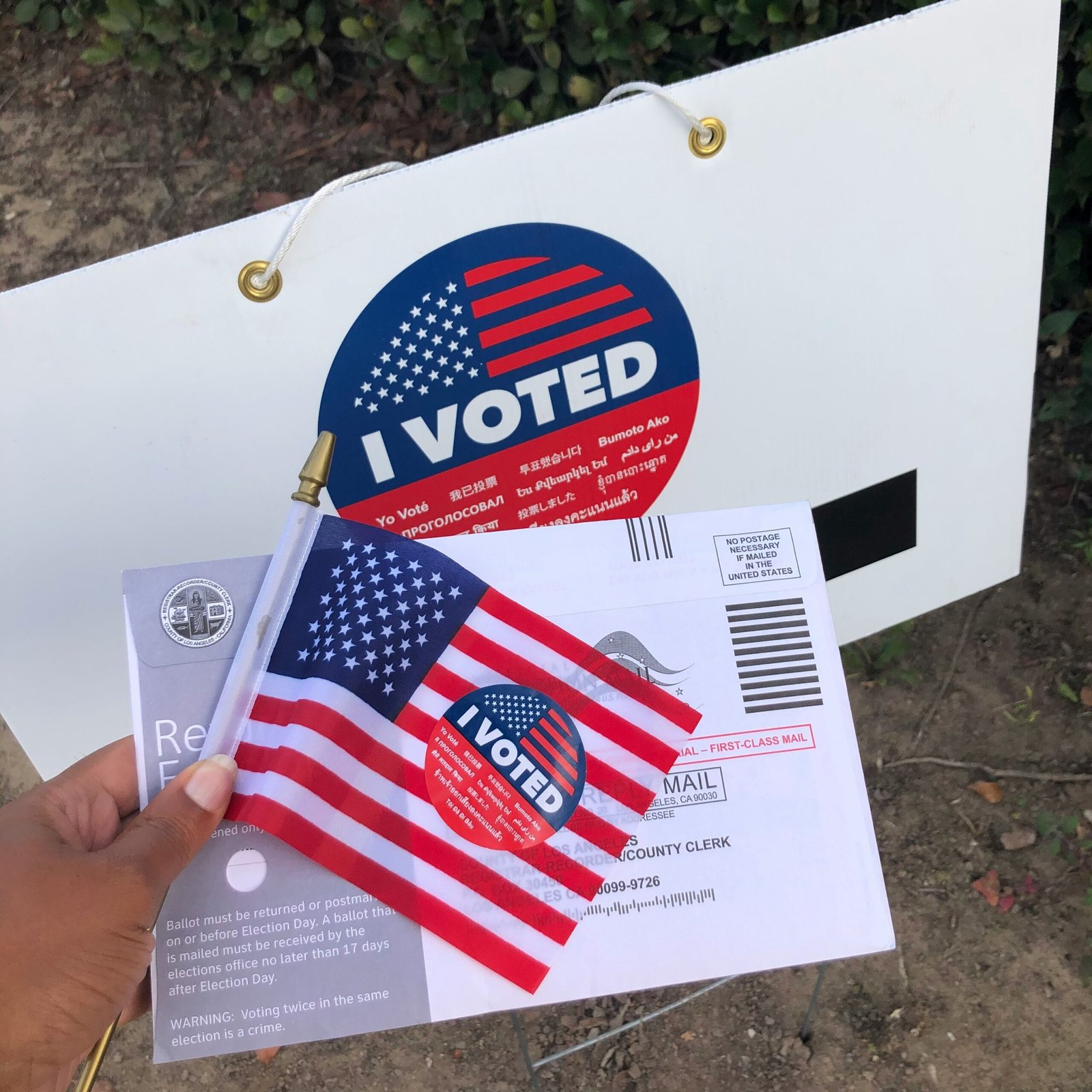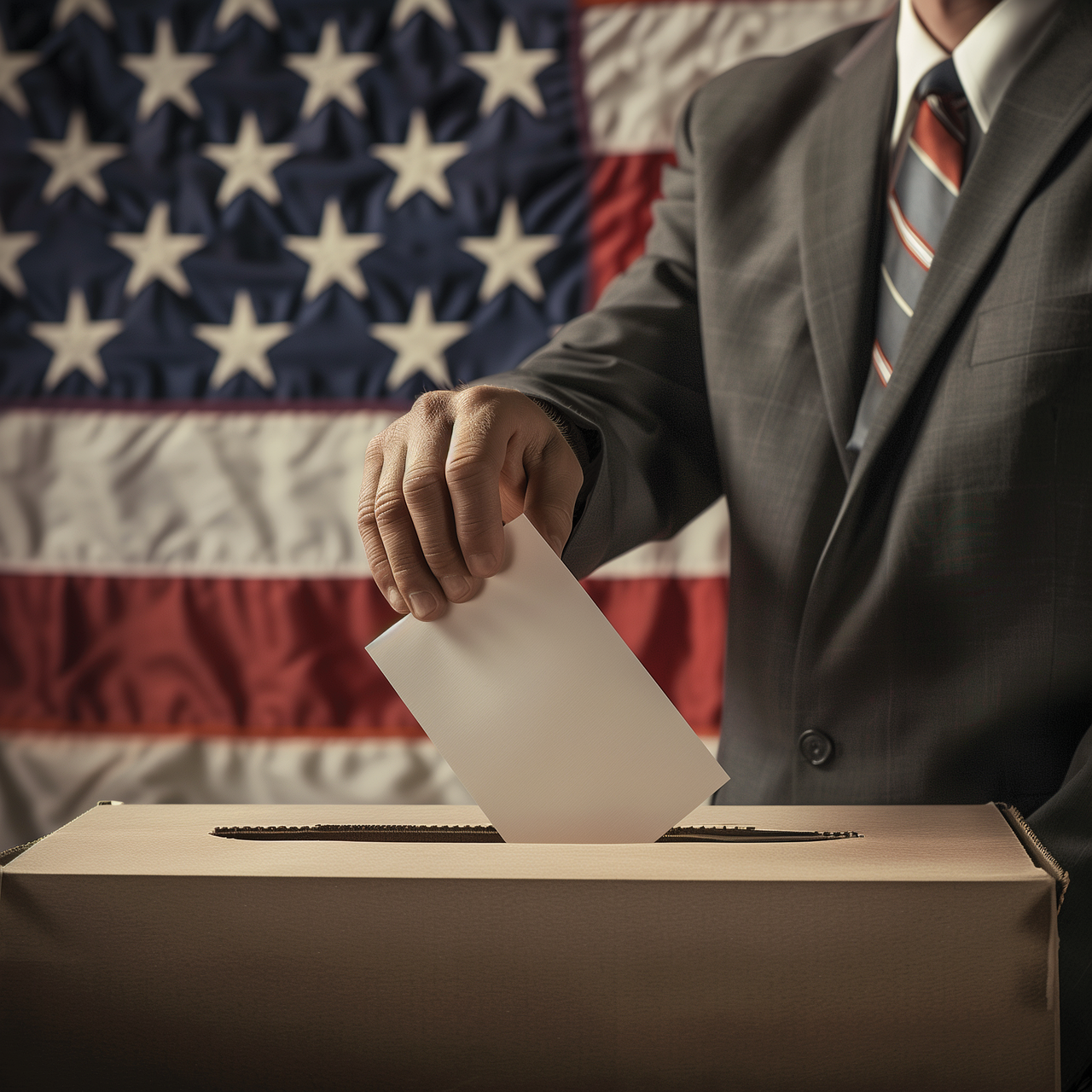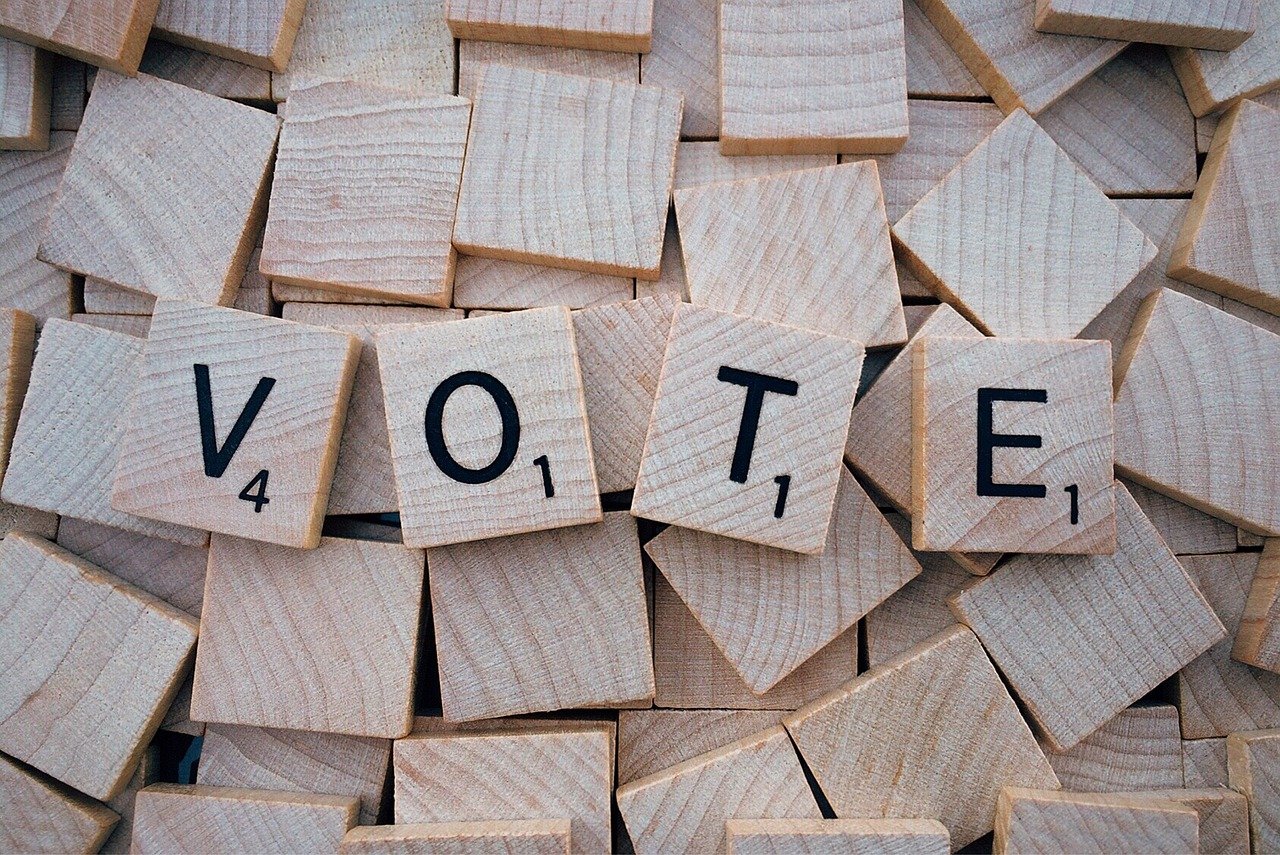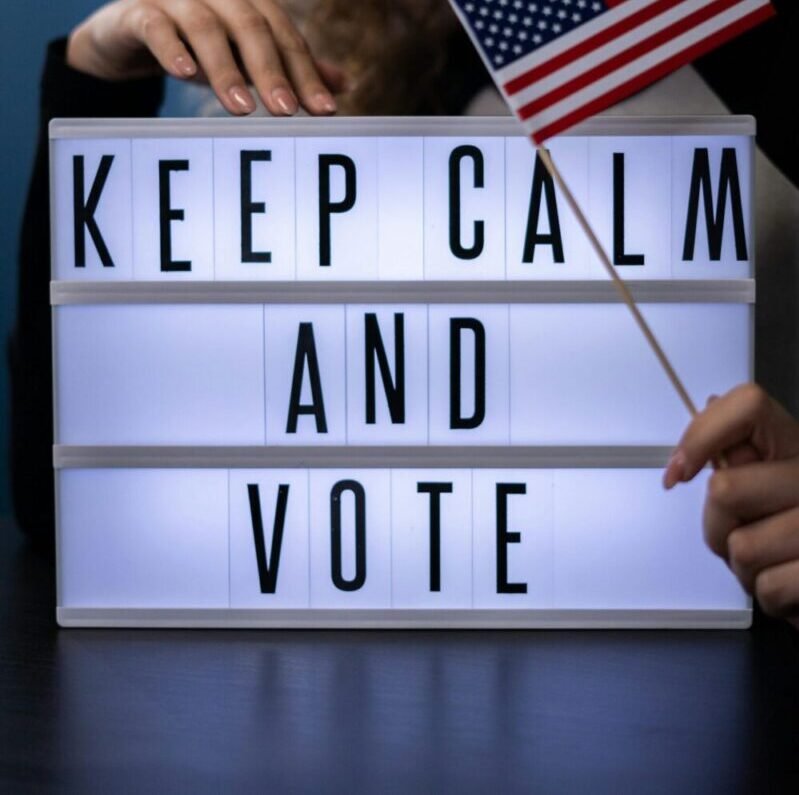
Understanding the Candidates and Their Campaigns
In any election, understanding who the candidates are and the essence of their campaigns is crucial for informed voting. The political backgrounds of candidates often play a pivotal role in shaping their policies and the issues they champion. Knowing their past experiences, legislative history, and core values can provide a clearer picture of what each candidate stands for. For instance, a candidate with a history in education may prioritize school reform, while someone with a business background might focus on economic policies. Learn more about who is running.
The structure of a campaign is multifaceted, involving a blend of strategies designed to resonate with voters. Campaigns typically start with an exploratory committee to gauge support, followed by official announcements, and a series of public appearances, debates, and advertisements. A well-oiled campaign machine includes campaign managers, strategists, communication teams, and a legion of volunteers. These individuals work tirelessly behind the scenes to ensure the candidate’s message reaches every corner of the electorate. Learn more about campaign structure.
Strategies employed by candidates can range from grassroots mobilization to high-tech data analytics. Grassroots campaigns often rely on direct voter engagement through town hall meetings and door-to-door canvassing, creating a personal connection with voters. In contrast, digital campaigns leverage social media platforms, targeted ads, and data-driven strategies to influence voter behavior. Both approaches aim to build a broad base of support, though they differ in execution and reach. Learn more about campaign strategies.
Campaign staff and volunteers play indispensable roles in this process. From organizing rallies and managing social media to phone banking and canvassing neighborhoods, their efforts are the backbone of the campaign. The dedication and enthusiasm of these individuals often reflect the candidate’s appeal and can significantly impact voter turnout. Learn more about Staff structure.
Engaging with the human side of candidates can also be enlightening. Anecdotes and lesser-known facts, such as a candidate’s hobbies or community service, can make them more relatable. For example, learning that a candidate volunteers at a local animal shelter or enjoys baking can provide a more rounded view of their personality beyond political rhetoric. Learn more about each candidate.
For a Swift Election Day: What Voters Need to Know
Election Day is a crucial moment in the democratic process, and being well-prepared can make your experience smoother, swifter and more efficient. Knowing where to vote is the first step. You can easily find your designated polling location by visiting your local election office’s website or using online tools such as the Voter Information Portal. Simply enter your address, and you will be directed to the correct polling site. If you are unsure about the identification requirements in your area, check your state or local election board’s guidelines. Generally, a government-issued photo ID, such as a driver’s license or passport, is acceptable.
There are several methods to cast your vote. In-person voting on Election Day is the traditional method, but many jurisdictions also offer early voting or mail-in voting options. Early voting allows you to cast your ballot at designated locations before the official Election Day, which can help avoid the rush. Mail-in voting, or absentee voting, is convenient if you can’t make it to a polling place. Be sure to request and return your mail-in ballot well before the deadline to ensure it is counted. Learn more about your Voting options.
On Election Day, be prepared for potential wait times, especially during peak hours. Consider bringing snacks, water, and something to pass the time, such as a book or headphones. Planning a voting party with friends can make the wait more enjoyable and ensure that everyone in your group casts their vote. If you encounter any issues at the polls, such as long lines, malfunctioning machines, or questions about your eligibility, poll workers are there to help. Do not hesitate to ask for assistance or file a complaint if necessary. Learn more about Election Day tips.












